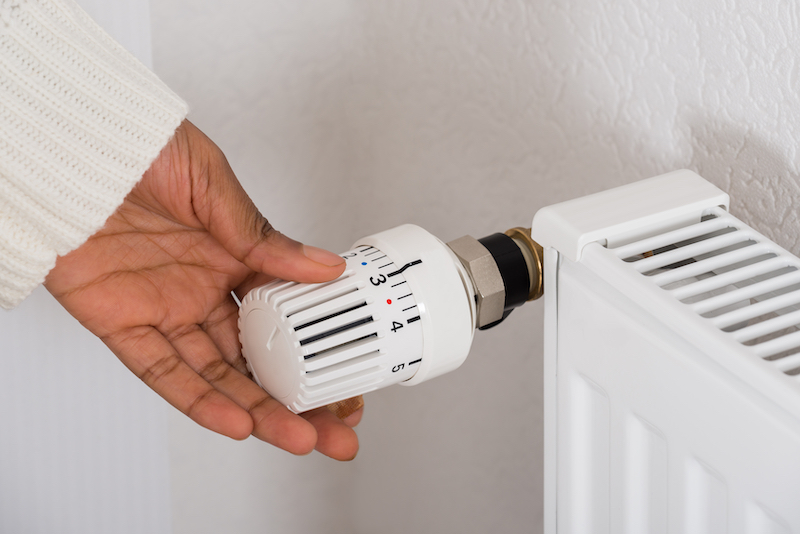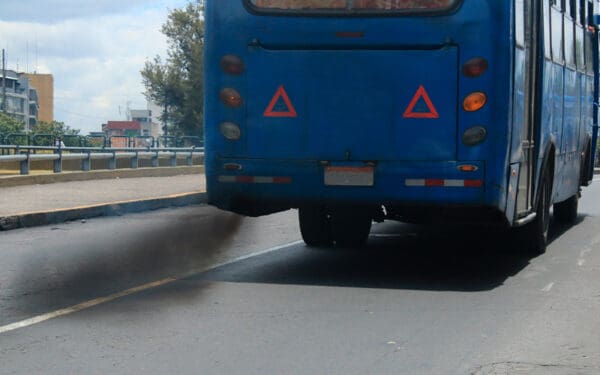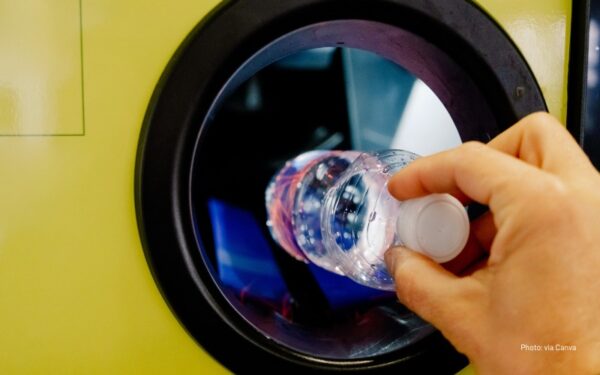
Keeping our houses, apartments, and buildings warm shouldn't sacrifice our climate or our wallets. The Affordable Heat Act can help. Photo: Shutterstock
This piece was originally published in the Times Argus.
The good news/bad news summary of the latest report from the Intergovernmental Panel on Climate Change: There is still time to save ourselves, but we must act now. This is a call to action we cannot afford to ignore.
In its report, the U.N. panel indicates that humans — particularly those living in wealthier, high-polluting nations like the U.S. — only have until the mid-2030s to slash greenhouse gas pollution before it turns up the heat to levels that will unleash climatic changes society cannot withstand. Think more floods, more droughts, more water pollution and toxic algae outbreaks in Lake Champlain, more ice storms and the ensuing power outages, more inconsistent winters that squeeze our snow tourism economy, more crop failures, and more tick-borne diseases.
No state or country can solve this problem alone. And Vermont has rightly adopted legal mandates in the Global Warming Solutions Act to ensure we contribute fairly to this global effort. We have the tools to slash climate-damaging pollution if we act wisely and quickly.
Many of these tactics can also save Vermonters money. That is the idea behind the Affordable Heat Act that passed the Vermont Senate and is now under consideration in the House: to protect our climate and our wallets.
How the Affordable Heat Act Would Work
Most Vermont households and businesses burn imported fossil fuels for heating. Over time and if done right, the adoption of the Affordable Heat Act will wean us off high-cost, price-volatile and climate-damaging heating fuels, a strategy especially important given that heating our buildings is one of the largest sources of emissions in Vermont.
The bill will require fossil fuel importers to offset their sales of heating fuels by obtaining clean heat credits. The more fossil fuels an importer brings to be burned for heating in Vermont, the more clean-heat credits they must earn to offset those polluting fuels.
Fossil fuel importers earn such credits by helping Vermonters switch their heating systems from fossil fuel-powered to cleaner, proven, long-term cost-saving systems like cold-climate heat pumps, geothermal, solar-powered water heaters, or advanced wood heating systems. The timing of these switches will occur whenever the owner decides they are ready for a replacement heating system. Importers can also earn credits by helping Vermonters weatherize their homes and businesses so they use less energy to stay warm, lowering annual costs for consumers. The cleaner the energy we use, and the less energy we use overall, the less planet-warming emissions we produce.
One important element of the Affordable Heat Act is the bill’s emphasis on social equity in this transition away from fossil fuel-based heating. Each year, fossil fuel importers will be required to ensure a certain percentage of clean heat credits they earn result from assisting low- and middle-income households in weatherizing their homes and businesses and/or making the switch to cleaner heating sources. They will also be required to target assistance to renter households with tenant-paid energy bills.
The bill would also create important limitations and eventually phase down on the eligibility of biofuels — e.g., fuels produced from commodity crops like corn and soybean oils — for inclusion as clean heat measures. The only biofuels that will qualify as clean heat measures are those that are lower polluting, as measured on a full lifecycle emissions basis, than fossil fuels.
This Bill Will Help Vermont
A lot of voices have entered the public debate on this bill, and while robust discourse is a vital component of public policymaking, let’s make one thing clear: the fossil fuel industry does not have Vermont’s best interest in mind. For decades, the fossil fuel industry has put profits over people, all while denying the climate reality so we stay dependent on their product.
For instance, during the past two years, while many Vermonters saw the price of heating fuel skyrocket, fossil fuel companies reported record profits. The Affordable Heat Act correctly requires fossil fuel importers to help Vermonters transition away from polluting, price-volatile heating fuels, to reliable heating even during our coldest temperatures.
The path toward a more stable climate is long and steep. But the passage of the Vermont Affordable Heat Act will keep us moving onward and upward as the world takes on climate change.



